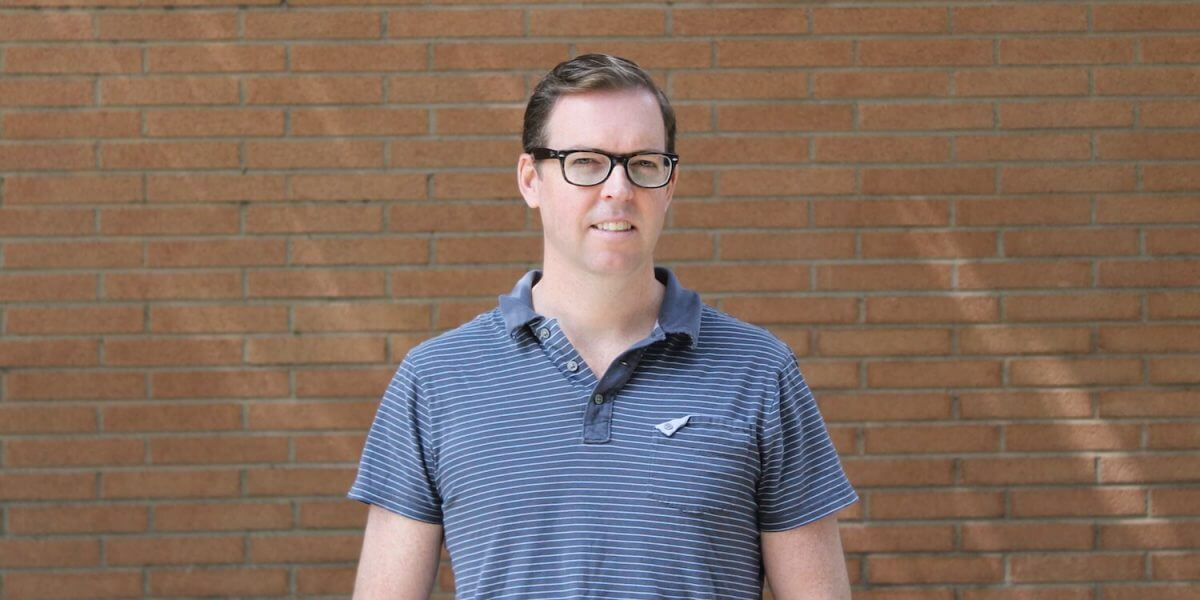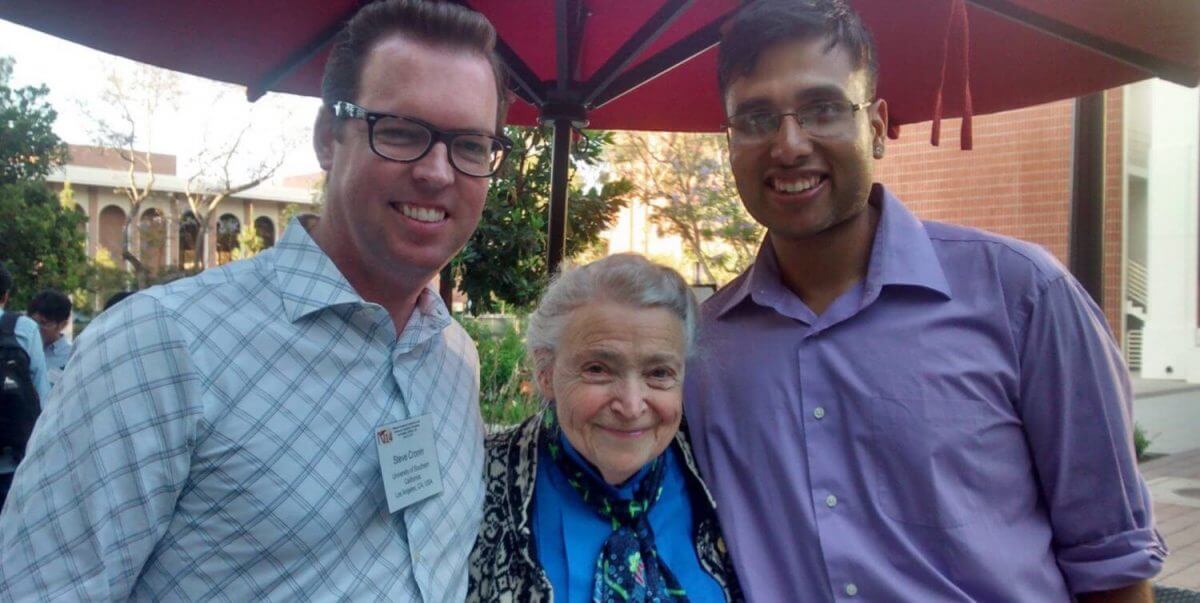
By Dr. Stephen Cronin
It’s a bit cliché but, when I started graduate school, I wanted my thesis to win a Nobel prize, like Brian Josephson or Louis de Broglie. A year later, I just wanted my thesis to be a significant contribution to the fields of nanoscience and nanotechnology. In the end, six years later, I just wanted it to be signed.
Research can sometimes be frustrating, disappointing, and downright depressing. This is a stark shift from typical coursework, which is a lot more predictable. Usually, the more time and energy put into studying for your classes, the more successful you will be on a weekly basis. While this is also true in research, you will not see this “pay off” on a weekly basis, a monthly basis, and quite often not even on a yearly basis.
PhD research is a very non-linear process; just when things seem to be going nowhere, there can be not one paper, but two or three papers that come at the same time. Suddenly, they can’t seem to write these up fast enough!
Students usually start their PhD research full of enthusiasm with all the exciting possibilities of doing something that no one else has done before. While this level of excitement is great, these incoming students typically do not yet have the skills needed to do their thesis work. In contrast, a third-year graduate student has usually developed all of the skills needed to complete his or her thesis work, but has not yet seen any of the rewards (i.e., published papers, conference presentations, etc.). It is actually quite common for third-year graduate students to work between 60 and 80 hours per week for three years straight and not have written any papers yet.
Many of these third-year students, highly trained technicians at this point, are still struggling with no obvious signs of success, no papers published. It’s no surprise that by now all of that initial excitement has worn off for many of them. These are the students that advisers really need to keep an eye on because this is the point when many decide to switch research groups or decide that a PhD is not for them. However, if the students, with the help of their advisors, can push through this difficult period, they will eventually reach a turning point when everything starts to work. PhD research is a very non-linear process; just when things seem to be going nowhere, there can be not one paper, but two or three papers that come at the same time. Suddenly, they can’t seem to write these up fast enough!
A big part of being an advisor is making sure our students make it to this point. I always tell my students that in graduate school, 99% percent of what you will try won’t work. But once you graduate and get a job in industry, you’ll get back to the everything working 99% of the time ratio. In fact, at places like Intel, if the particular process you are responsible for does not work 99% of the time, you could be fired! This is a different kind of pressure, but one that I think is more familiar.
Current curriculum often trains students to get the right answer 99% of the time, and this is a very limiting point of view. It is perhaps more valuable to empower students to go against conventional wisdom and try different approaches. This is a very different mindset in which one fails 99% of the time. However, in that rare 1%, these students can achieve something truly outstanding. In a sense, this what we ask of our PhD students. They are given a vaguely defined problem, and then they have to “make it work”. It is very possible that none of the skills developed in their thesis work will serve them in their future careers, but it is the notion that they’ve taken something abstract, just an idea, and gone beyond what is currently known. This this is what I hope my students gain from the process, and I truly believe this will serve them in their future careers far more than their technical skills.
There is a reason professors with PhD students are called “advisors”. We have a responsibility beyond just making sure our students gain technical knowledge. We must also help them navigate the emotional and professional challenges of life as a PhD student. If we have done our job right, our students leave not only with technical skills, but with a sense of confidence, self-worth, and happiness.
Stephen Cronin is a Professor at the Ming Hsieh Department of Electrical Engineering. He also holds joint appointments in the departments of Chemistry and Physics. His research group, Cronin Research Lab, studies optoelectronics, thermal and thermoelectric transport, and photocatalysis in a variety of nanoscale materials and devices.

Three generations together: Stephen (left) with his advisor Millie Dresselhaus, and his student, Nirakar Poudel.
Published on June 30th, 2017
Last updated on April 16th, 2018

